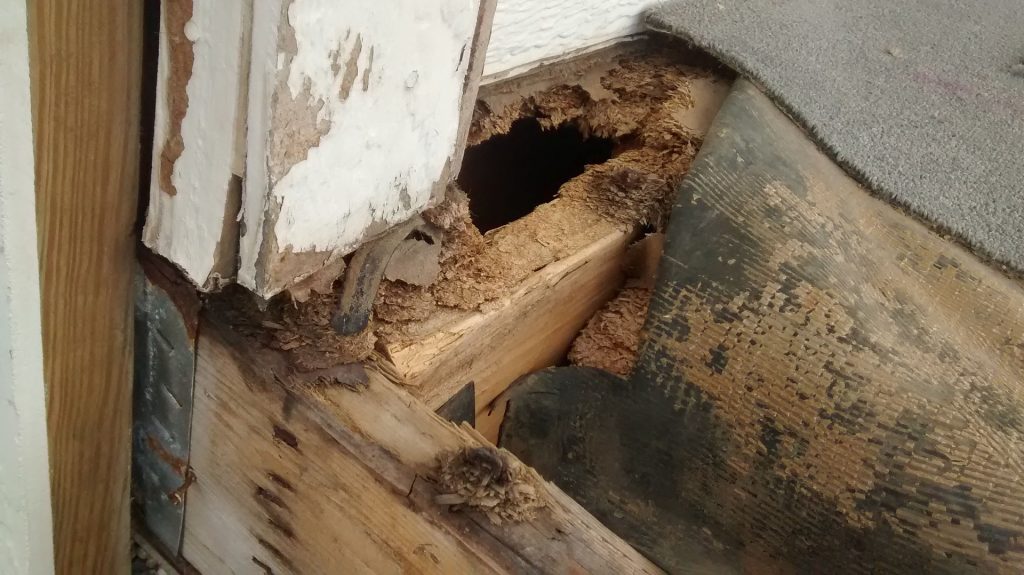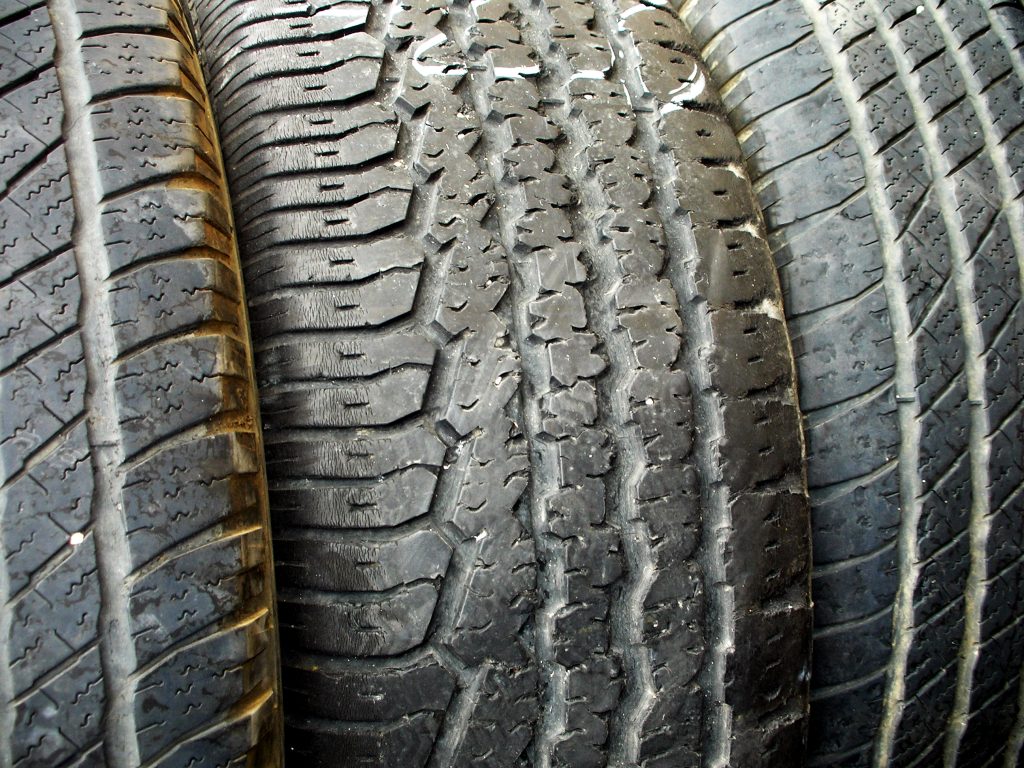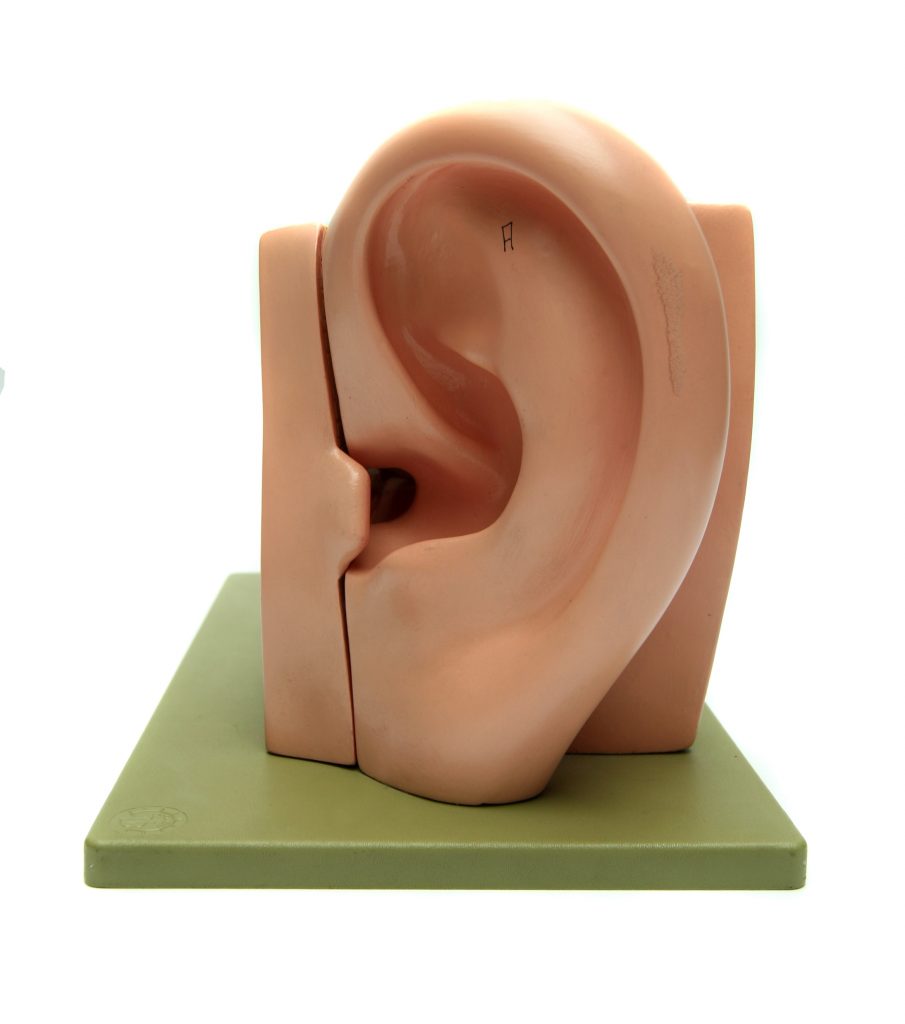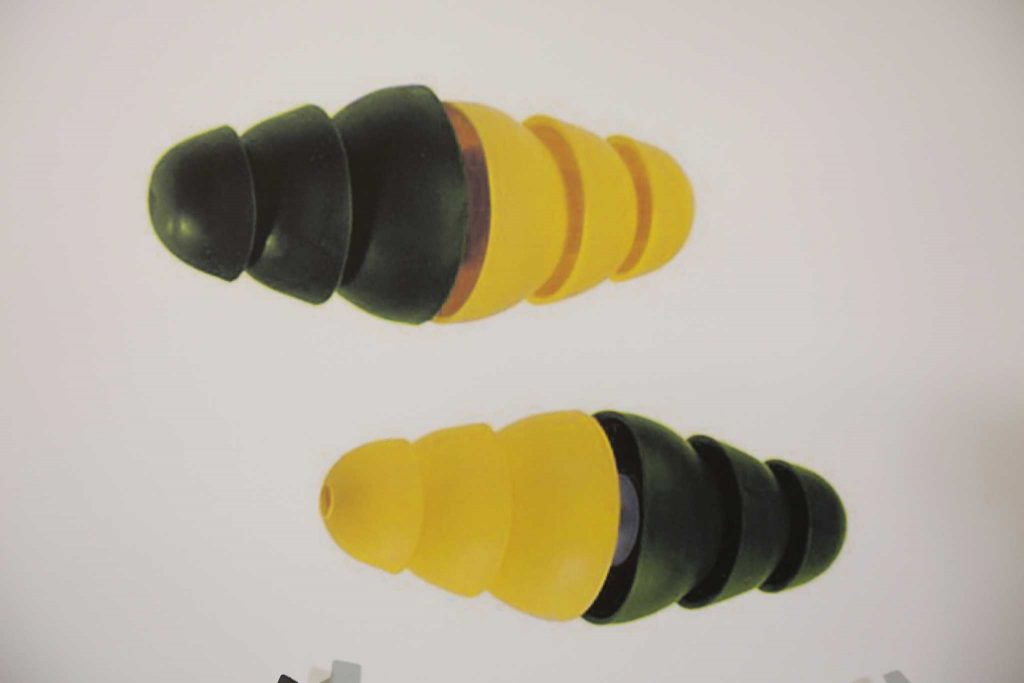 While having a child and starting a family is something that many couples look forward to in their lives, pregnancy can be very painful and burdensome on the mother. There are many drugs that can help prevent the negative side effects of pregnancy, like nausea and morning sickness, however, those drugs can sometimes do more harm than good. Nothing is worse than going through a difficult pregnancy, and then having a child born prematurely with birth defects because of drugs that were supposed to help.
While having a child and starting a family is something that many couples look forward to in their lives, pregnancy can be very painful and burdensome on the mother. There are many drugs that can help prevent the negative side effects of pregnancy, like nausea and morning sickness, however, those drugs can sometimes do more harm than good. Nothing is worse than going through a difficult pregnancy, and then having a child born prematurely with birth defects because of drugs that were supposed to help.
One case on appeal from the Eastern District of Louisiana involves such a situation. Lindsey Whitener (“Ms. Whitener”) had a son who was born both prematurely and with birth defects after she was prescribed metoclopramide in order to treat her nausea and morning sickness that she frequently experienced during her nine months of pregnancy. Ms. Whitener and her husband filed a lawsuit against a number of different pharmaceutical companies, and their main argument was that these companies had promoted the use of the drug to treat morning sickness, which was an “off-label” use. An off-label use means that a drug is prescribed for uses that are not approved by the FDA. The District Court dismissed the claims brought forth by the Whiteners because they failed to show that the defendants promoted these off-label activities. The Whiteners appealed the decision of the District Court, and the case went before the United States Court of Appeals for the Fifth Circuit.
Ms. Whitener began experiencing morning sickness very early on in her pregnancy and was prescribed the metoclopramide shortly after she began to complain of the sickness to her doctor. Metoclopramide is a generic version of the drug Reglan, and Reglan does not list morning sickness as an FDA approved the use. In 2010, the Whiteners sued PLIVA, Inc., Barr Laboratories, Inc., Teva Pharmaceutical Industries, Ltd., Alaven Pharmaceutical L.L.C., Meda Pharmaceuticals, Inc., and Schwarz Pharma, Inc. PLIVA, Barr, and Teva manufactured metoclopramide; and Alaven, Meda, and Schwarz manufactured Reglan. The Whiteners first claimed that the defendants had failed to warn them about the dangers of using metoclopramide during a pregnancy. Some of the defendants however relied on the Supreme Court decision from PLIVA, Inc. v. Mensing which held that, “because federal law requires generic drug labels to be the same at all times as corresponding brand-name drug labels, state-law inadequate warning claims based on a generic drug manufacturer’s failure to provide a more adequate label are preempted.” HPLIVA, Inc. v. Mensing, 131 S. Ct. 2567, 2577-78 (2011). Essentially, this means that when the state and federal drug laws conflict, the federal drug laws will preempt or replace the state law. Ms. Whitener’s state law claim that the defendants had failed to warn them about the dangers of the drug conflicted with the federal law and the District Court thus held that the state law claim was preempted.
 Buying a house and later discovering that the house has foundational defects is a nightmare every homeowner seeks to avoid. Even more unpleasant is to find out that you do not have any recourse against the seller. The nature of such recourse would partially depend on when the defects were discovered, but also whether the seller is a builder, contractor, or manufacturer, because such a status might extend the timeframe of bringing in an action against the seller.
Buying a house and later discovering that the house has foundational defects is a nightmare every homeowner seeks to avoid. Even more unpleasant is to find out that you do not have any recourse against the seller. The nature of such recourse would partially depend on when the defects were discovered, but also whether the seller is a builder, contractor, or manufacturer, because such a status might extend the timeframe of bringing in an action against the seller. Louisiana Personal Injury Lawyer Blog
Louisiana Personal Injury Lawyer Blog


 The doctrine of peremption can prevent someone from bringing legal action against someone should that action be brought after a certain amount of time. Peremption is a period of time fixed by law for the existence of a right.
The doctrine of peremption can prevent someone from bringing legal action against someone should that action be brought after a certain amount of time. Peremption is a period of time fixed by law for the existence of a right. Summary judgment is a judgment entered by a court for one party and against another party without a full trial. More specifically, summary judgment may be granted where the legal claim or cause of action can be decided upon certain facts without a trial. Can you receive summary judgement in a negligence case against a squat machine manufacturer?
Summary judgment is a judgment entered by a court for one party and against another party without a full trial. More specifically, summary judgment may be granted where the legal claim or cause of action can be decided upon certain facts without a trial. Can you receive summary judgement in a negligence case against a squat machine manufacturer? Caveat Emptor
Caveat Emptor This afternoon a lawsuit was filed by the
This afternoon a lawsuit was filed by the 
 What do injured parties do when products are defective and unreasonably damaged? In Louisiana, injured parties may file lawsuits against a manufacturer for damages caused by his products. The following case out of the Western District of Louisiana describes the Louisiana Products Liability Act (“LPLA”).
What do injured parties do when products are defective and unreasonably damaged? In Louisiana, injured parties may file lawsuits against a manufacturer for damages caused by his products. The following case out of the Western District of Louisiana describes the Louisiana Products Liability Act (“LPLA”). Do you know someone who owns a condo or a home? In some instances, the drywall used to construct the condo complex or home is built from Chinese-Manufactured Drywall. From 2005-2008 Chinese Drywall was imported into the U.S. and used in the construction of thousands of buildings. Strangely, residents who lived in those buildings began to notice corrosion of metal building components, failure of electrical wiring and in some cases, even physical ailments that ranged from skin irritation to respiratory problems. Ralph Mangiarelli was one the residents who suffered injuries but of a rather different kind.
Do you know someone who owns a condo or a home? In some instances, the drywall used to construct the condo complex or home is built from Chinese-Manufactured Drywall. From 2005-2008 Chinese Drywall was imported into the U.S. and used in the construction of thousands of buildings. Strangely, residents who lived in those buildings began to notice corrosion of metal building components, failure of electrical wiring and in some cases, even physical ailments that ranged from skin irritation to respiratory problems. Ralph Mangiarelli was one the residents who suffered injuries but of a rather different kind.  Res Judicata, also known as claim preclusion, is a Latin term that literally means “for a matter judged.” In the legal system, res judicata is a doctrine that prohibits a second lawsuit from being filed for a matter that has already been judged or decided on the merits. Once parties to a lawsuit have had the opportunity to be heard by the court and the court rules on the claims asserted in the lawsuit, those parties are generally not ever again allowed to bring a lawsuit against the same parties for the same claims that arose from the same transaction or occurrence.
Res Judicata, also known as claim preclusion, is a Latin term that literally means “for a matter judged.” In the legal system, res judicata is a doctrine that prohibits a second lawsuit from being filed for a matter that has already been judged or decided on the merits. Once parties to a lawsuit have had the opportunity to be heard by the court and the court rules on the claims asserted in the lawsuit, those parties are generally not ever again allowed to bring a lawsuit against the same parties for the same claims that arose from the same transaction or occurrence.  While having a child and starting a family is something that many couples look forward to in their lives, pregnancy can be very painful and burdensome on the mother. There are many drugs that can help prevent the negative side effects of pregnancy, like nausea and morning sickness, however, those drugs can sometimes do more harm than good. Nothing is worse than going through a difficult pregnancy, and then having a child born prematurely with birth defects because of drugs that were supposed to help.
While having a child and starting a family is something that many couples look forward to in their lives, pregnancy can be very painful and burdensome on the mother. There are many drugs that can help prevent the negative side effects of pregnancy, like nausea and morning sickness, however, those drugs can sometimes do more harm than good. Nothing is worse than going through a difficult pregnancy, and then having a child born prematurely with birth defects because of drugs that were supposed to help.